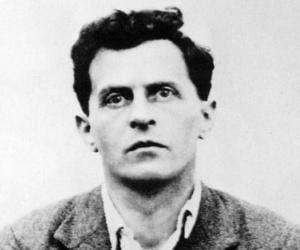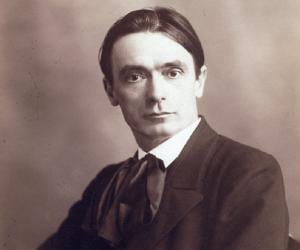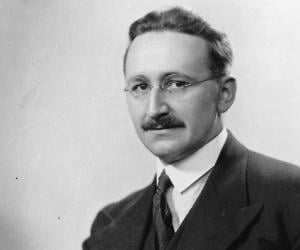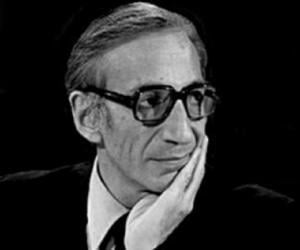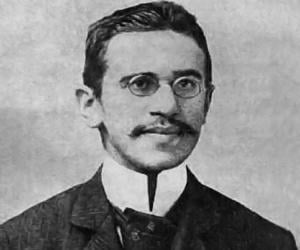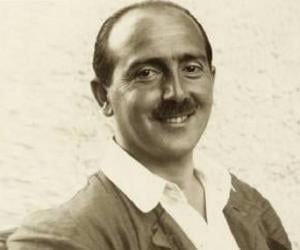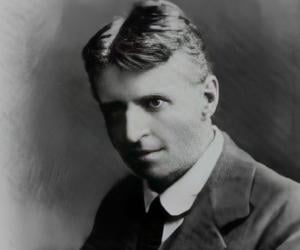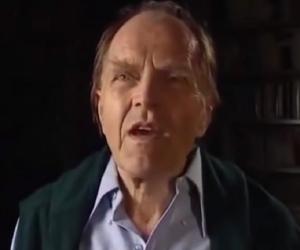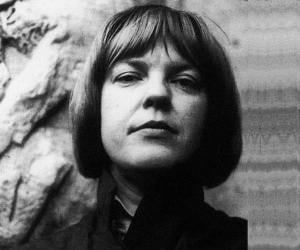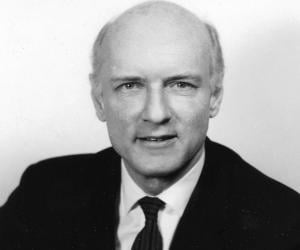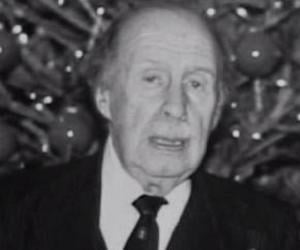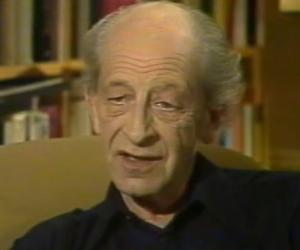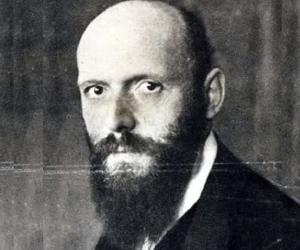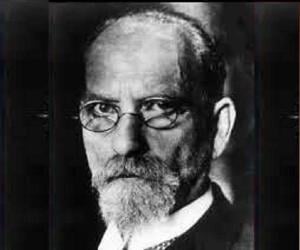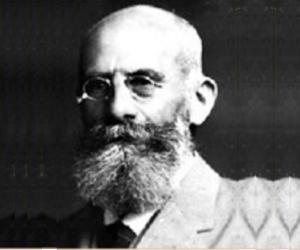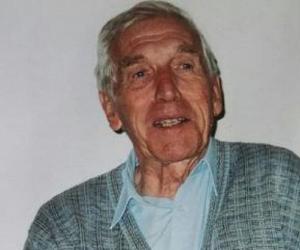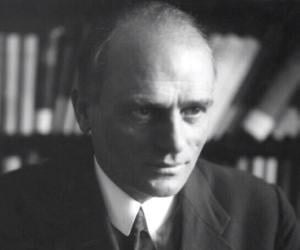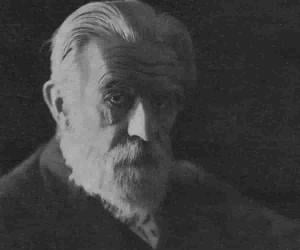1
Ludwig Wittgenstein
(One of the Greatest Philosophers of the 20th Century)
Birthdate: April 26, 1889
Sun Sign: Taurus
Birthplace: Vienna, Austria
Died: April 29, 1951
Ludwig Wittgenstein was an Austrian philosopher known for his work in logic, mathematics, mind, and language philosophy. He taught at the University of Cambridge from 1929 to 1947. Wittgenstein published the influential "Tractatus Logico-Philosophicus" in 1921 and later the "Philosophical Investigations" posthumously in 1953. His philosophy evolved from an early focus on logic and propositions to later emphasizing language use. Wittgenstein also had various professional experiences outside academia, including serving in World War I and working in hospitals during World War II.
